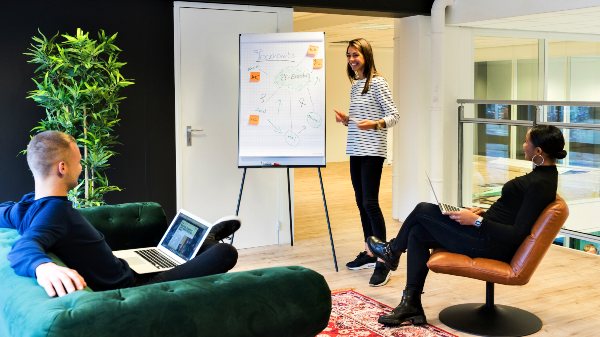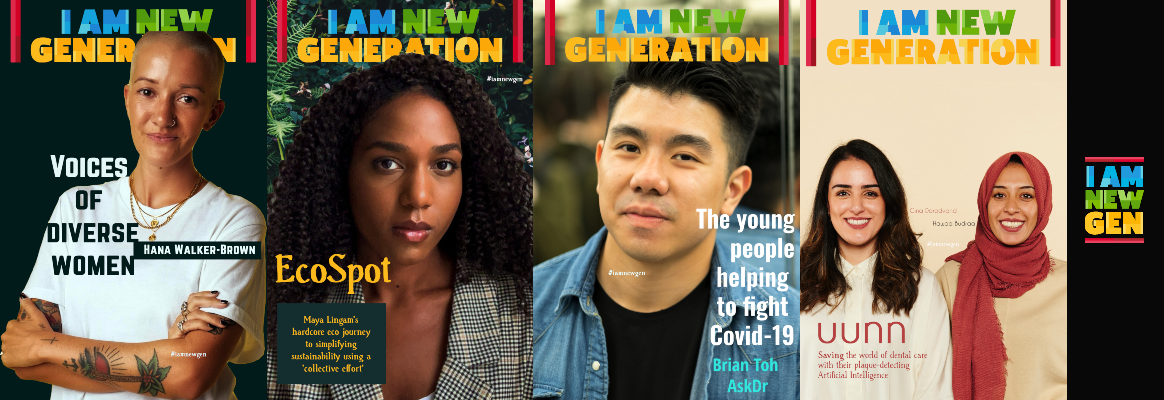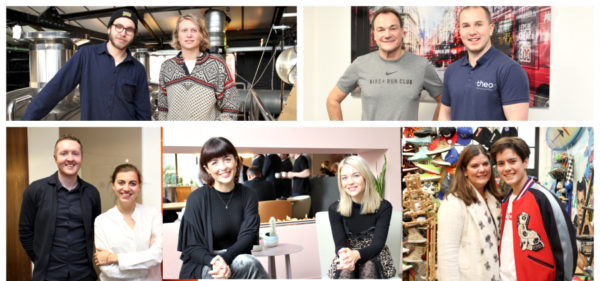There is a magical space when you want to have a positive social impact and you come together with someone equally as passionate and you start working together.
Through conversation, you realise what values you operate from, what assumptions you make about life and what principles influence your decision-making.
For example, let’s say you both want to do something about plastic waste and you start living in an area that has a local market.
You start to engage with traders in the market, the market authority, your local council, and your councillors.
You highlight to them that every day over 500 plastic bags are freely given to customers who are buying their fruit and veg there.
Already, plastic bags are an issue as they’re really hard to recycle, not only that, they provide dangers to living creatures in oceans who might swallow them, get entangled in them.
You might meet with resistance from market traders who see these things as very practical – how else would they hand over foodstuff to customers.
You and your impact buddy decide to take this further. Your friend has built up relationships in the local council through a previous project and knows the local councillor well.
You get her to approach the councillor with your idea to make your local market more sustainable.
On the other hand, you are well versed in the dark arts of spreadsheets and analysing the economics behind plastic bag use – How much does it cost to buy them, how much does it cost the earth to deal with them?
You prepare an analysis and presentation and together you lobby the market authority and the council to help local traders to switch to paper bags, subsidised by the council or market authority, which also realised that these larger, environmentally friendly paper bags are actually an amazing branding opportunity.

These paper bags now get branded with the Market’s logo in bright colours on it. You make sure the ink they’re using is environmentally friendly of course.
Sounds like something you can get involved in? Great, you can literally pick this idea up, find a friend or do it by yourself.
But what about if you run a social impact business? You might already have a few people working for you, or not.
Leveraging your partnership
Just like in our example, partnering with someone who has different access to people in relevant networks is one way of leveraging your individual strengths.
Other reasons to partner include access to different skills, financial resources, reach, aligned vision and mission.
I’ve been building partnerships since I can remember. Right when I got my first job, I was tasked to build an international partnership between two NGOs, one in the UK and one in Germany.
The UK NGO was looking to host young people from disadvantaged backgrounds in rural Germany – which, at the time, had 50% youth unemployment.
The German NGO was keen to support young people to explore new opportunities abroad to get them out of their normal environment, get them to increase their language abilities, gain valuable work experience and just explore what life could be like in another country.
This project worked so well that I ended up turning this into my first business.

Over the years that followed, we’ve built partnerships with well over 15 partners in 10 different EU countries and over the 10 years, I ran the company and supported some 1500 young people to explore life and work in another country.
Even years later, now in a different business, I still value and cherish some of these partnerships. Each of them brought with it a learning opportunity.
So, how do you align the partner’s operational models and financing so no partner is stuck with having to do work without pay?
It all comes down to communication – What does each side want from the partnership?
You’ve got to meet the people who will be responsible for the partnership early on, sit down with them and figure this out.
There is nothing worse than unmet expectations further down the line.
It is essential to come up with an agreement or a set of principles of how the partnership is going to work.
Who will be responsible for what aspect of the work, what are the lines of communications, what do you do when something does not work out, what process and system do you have in place to share the work you are doing online or offline in the media?
If you’re looking to build partnerships, make sure your values align and you both benefit from the partnership.
Get an agreement in place to ensure the project meets both your expectations and you are able to define what success will look like.
And remember, if you don’t try you will never know what could have been.
Partnerships are a great way to leverage joint resources and make a much bigger social or environmental impact.
Post By: Dirk Bischof is the CEO and founder of Hatch – a London-based entrepreneurship charity aimed at supporting diverse entrepreneurs into business.
Images – Pexels
More Stories…
The Female Founders Pitching At One Of The UK’s First BAME Incubator Programme
Cultivating A Healthy Co-Founder Relationship
How To Turn Your Social Enterprise Idea Into A Sustainable Business











